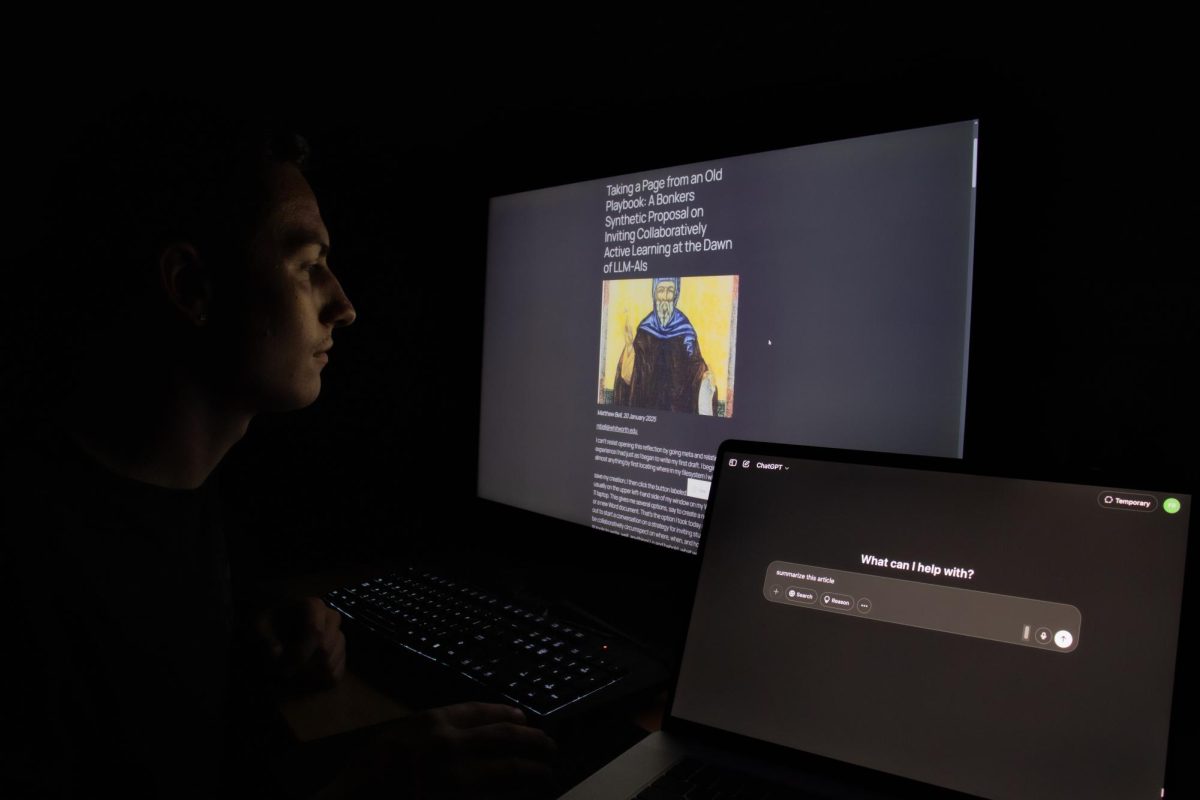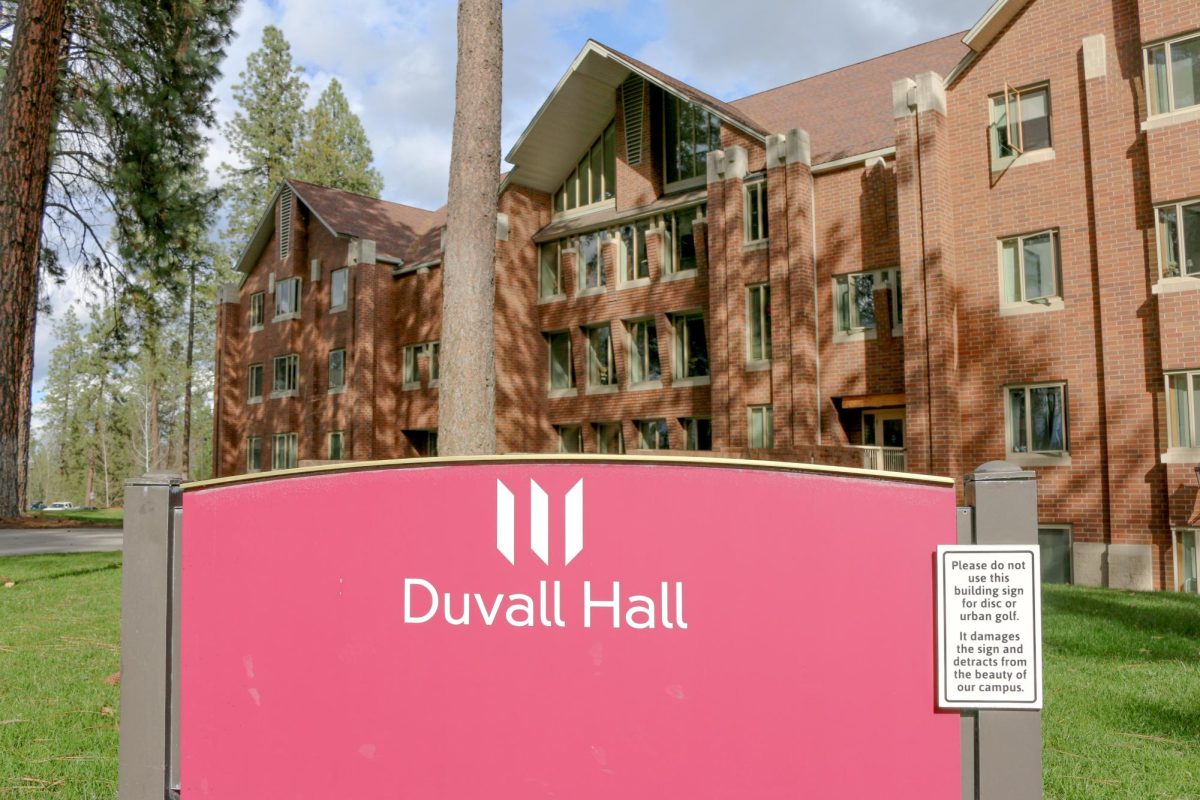 The Whitworth University Ethics team took first place at the National Intercollegiate Ethics Bowl held in Cincinnati, Ohio, on March 1.
The Whitworth University Ethics team took first place at the National Intercollegiate Ethics Bowl held in Cincinnati, Ohio, on March 1.
The Ethics Bowl is a form of “gentleman’s debate” between two teams, where the first team is asked a question relating to an ethical dilemma and then has to present on it. The other team then agrees or argues with aspects of the first team’s presentation, with the goal of adding new and important information to the topic. That is all with the intention of bettering the case to lead to higher truths and ethics.
“Both teams attempt to pursue the truth of the matter, rather than merely proving the opponent wrong,” team member junior Krister Johnson said. “The whole process leaves everyone aware of the subtleties involved in ethical dilemmas.”
To prepare for the competition, the students were given cases six weeks before the actual competition. They practiced on average five to six hours per week for about a month. The week before the Ethics Bowl, they doubled their practice time, meeting with each other for about eight hours in preparation. A wide range of subjects were available for discussion, including diverse topics like personal ethics, public policy questions, medical and technological concerns and business and media ethics.
“The competition is strong, as these are bright minds and well-educated students engaging in quality discussions on complex topics,” said co-coach Mike Ingram, professor of communication studies and the associate provost for faculty development and scholarship.
Preparing for the cases could only take the team so far.
“There is the element of preparation, but there is also an element of extemporaneous improvisation,” said co-coach Keith Wyma, associate professor of philosophy. The team had to be able to process information and think quickly in order to advance throughout the competition.
In the fall, 126 nationwide schools competed in the regional competition, with 32 top teams going on to compete in the National Intercollegiate Ethics Bowl. Of those 32 schools, only eight — including Whitworth — went on to make it to the quarterfinals. Of those eight schools, only two went on to the finals, in which Clemson and Whitworth competed. In years past, Whitworth had made it to the quarter finals (2009) and the semifinals (2011). This year, Whitworth directly competed against six colleges in six different rounds: Loyola University Chicago, Eckerd College, Wake Forest University, Weber State University, Clemson, and the University of California Santa Cruz. The Whitworth University Ethics team triumphed over all of the other schools and took home the championship.
“I think that part of what’s important about us winning the championship is that we were competing against schools not of our size, and not competing simply against other Christian schools,” Wyma said. “We competed against Division I schools, national prestigious research institutions and Ivy-League universities. For our team to have won is a testament of the quality of students here and the quality of the education students get once they come here.”
For freshman team member Sarah Sauter, winning the national competition was a big achievement.
“It took a while to kick in, but once we had the trophy in our hands, we felt thoroughly triumphant,” she said. “All those early morning practices paid off.”
It helped, too, that professors made sure to rally up a crowd to welcome back the victorious team.
“Forrest Baird greeted our team at the airport with balloons and a decorated van,” Sauter said. “When we drove back to Whitworth, we were greeted by a tunnel of adoring fans. Random people were hugging and congratulating us.”
Johnson said the experience was fulfilling, helping to teach him important skills such as concise communication, persuasion, and critical thinking.
“My future jobs, speeches and interpersonal communication will benefit,” he said.
Before the year is over, the students on the Ethics Bowl team will face one more daunting task — determining the tattoo that Wyma will get to commemorate the team’s win. During last year’s Ethics Bowl, Wyma promised his students that he would dye his hair if the team reached semifinals; he subsequently walked around campus with blue hair for weeks. This year, he gave them another exciting incentive: win nationals, and he would get a tattoo. After Whitworth’s victory, Wyma is still adamant about keeping his promise — his only stipulation, he said, is that he gets to determine the location of said tattoo.
Contact Lauren NuDelman at lnudelman14@my.whitworth.edu.







 Spokane?
Spokane?